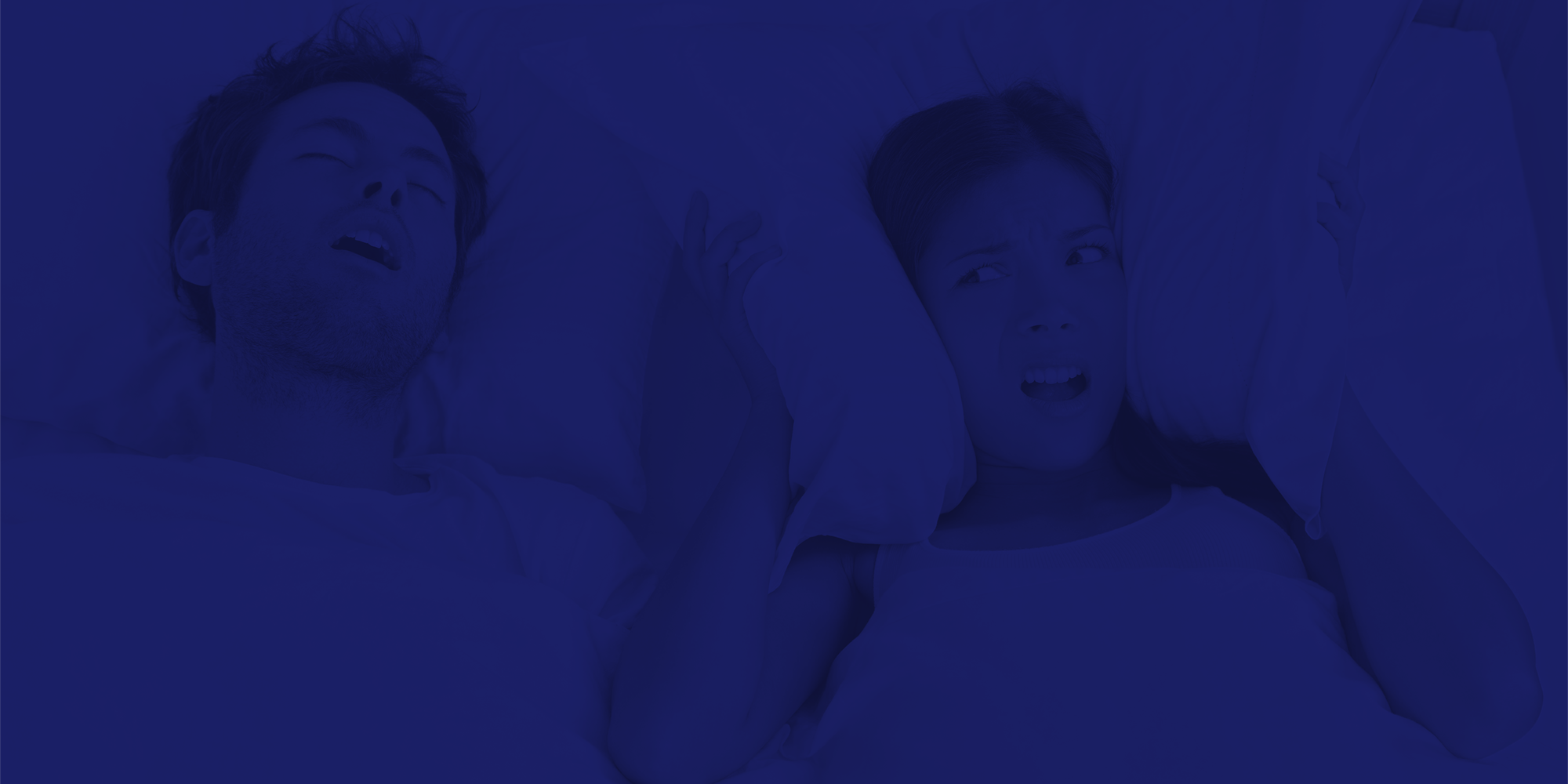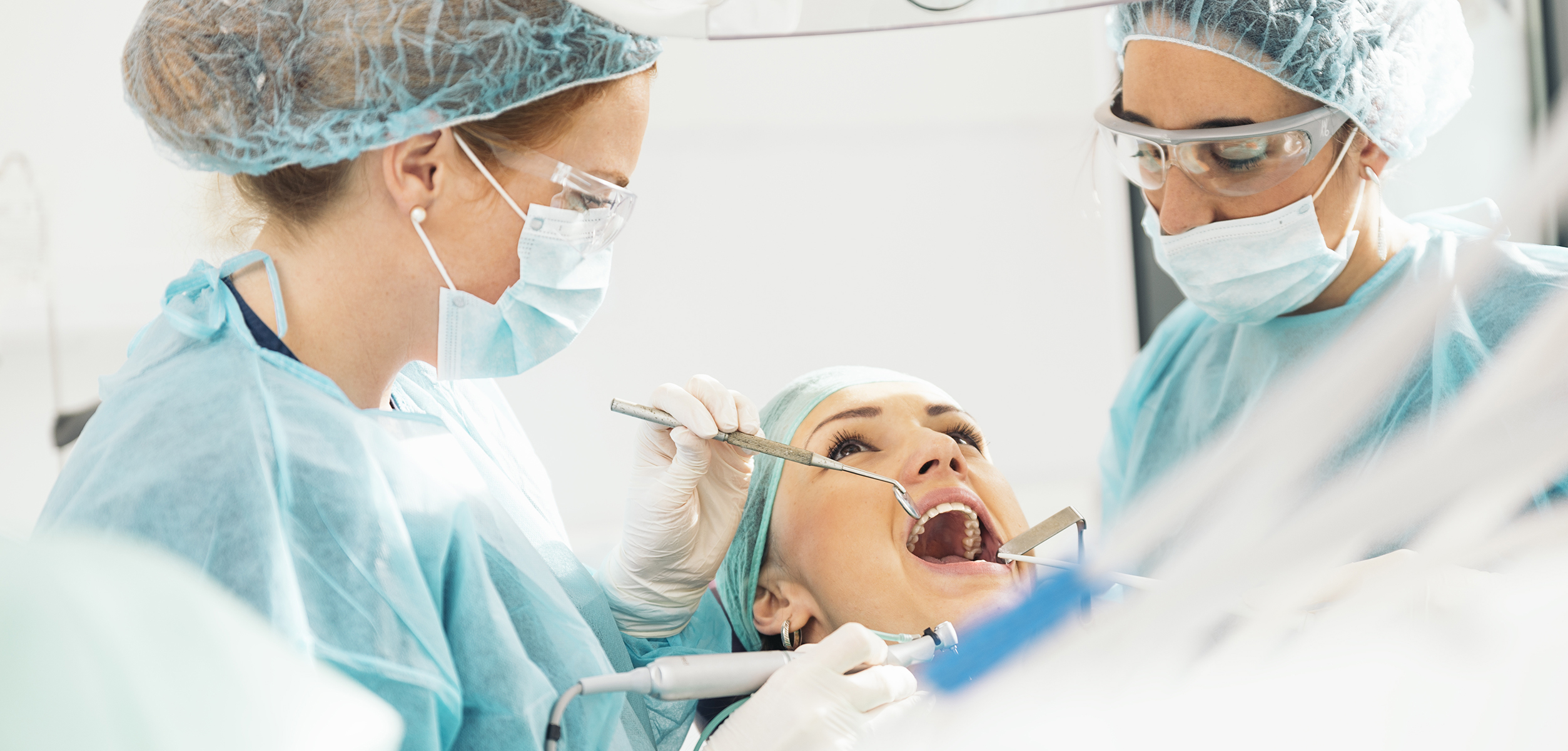
Sleep Disorders
According to the National
Institutes of Health…
Over 70 million Americans suffer from sleep-related problems that
annually add approximately $16 billion to the national health care bill.
These estimates do not include the costs to society in connection with related
health problems, accidents, and the loss of worker productivity. In fact, the Centers
for Disease Control have labeled sleep disorders a national health epidemic.
Despite several years of research and an industry that began in the late 50s,
sleep disorders remain largely undiagnosed and untreated. The reason that
so many Americans suffer from these disorders is that the healthcare community
and the public remain largely uninformed
(or misinformed) about these issues.

To date, there are over 100 recognized sleep disorders that range from
feeling tired throughout the day to difficulties falling or staying asleep. Familiar conditions
include Insomnia, Narcolepsy, and Restless Legs Syndrome.
• Snoring
• Upper Airway Resistance Syndrome (UARS)
• Obstructive Sleep Apnea (OSA)
However, some of the most common conditions are:
Sleep disorders affect people of all ages, from infants to the elderly
population, and of all ethnic backgrounds and body types (athletic to obese).
However, some sleep disorders (such as sleep apnea)
are considered a life-threatening condition that requires
immediate attention.

Excessive Daytime
Sleepiness and
Related Conditions
A common symptom of sleep disorders is Excessive Daytime Sleepiness (EDS).
This is a feeling of being tired or fatigued throughout the day no matter how many hours you slept before.
EDS contributes to many vehicle and work-related accidents and is often a sign
of a serious chronic condition.
Patients that suffer from sleep disorders have been found to suffer from
other related conditions such as:
• Disruptive Snoring
• Excessive Sleepiness
• High Blood Pressure
• Obesity
• Diabetes
• Cardiovascular Disease
• Depression
• Cancer

Treatment Options
Many options exist to treat the variety of sleep-related conditions that patients
may suffer from. These treatments may range from surgery, medical devices such as CPAP
(Continuous Positive Airway Pressure), or dental devices.
However, before any treatment is provided, patients
must be diagnosed with a condition by properly trained and
certified physicians. The diagnosis is completed after patients have undergone
a sleep study that evaluates how the patient sleeps.
There are two primary types of sleep studies:
• Overnight Sleep Test at a specialized facility or
• A Home Sleep Test where the patient is provided with sleep study equipment
to self-administer the test.
The majority of sleep-related conditions that patients suffer from
are connected to breathing disorders. Dentists properly trained in sleep medicine
can effectively evaluate, treat, and manage patients with these conditions.
Depending on the severity and type of the disorder, dental professionals
may prescribe oral devices to properly treat and manage sleep conditions. In some cases,
combination therapy may be required where patients use two types of therapeutic devices
(such as a dental appliance and a CPAP machine) to treat their condition.
The SleepArchiTx System
™
Get the expertise of board-certified sleep physicians, experienced
sleep diagnosticians and treatment planners, a portfolio of innovative sleep appliances and
extensive billing services - all in one turnkey solution. Created by industry leaders in
sleep medicine, diagnostics, orthodontics, general practice, dental lab and medical billing,
SleepArchiTx is the only trusted 360° service that will enable you to treat
your dental sleep patients.
Delivering care to a highly under-served, sleep-deprived population is one of the
most rewarding experiences you and your team will enjoy. Do it with ease
and confidence by working with SleepArchiTx.

Our team is just a phone call away
TOLL FREE (888) 777-3198

Send us an email
reachus@sleeparchitx.com

Dental
Intervention
Copyright © 2016 - 2022 Sleep Architects, Inc. All Rights Reserved.